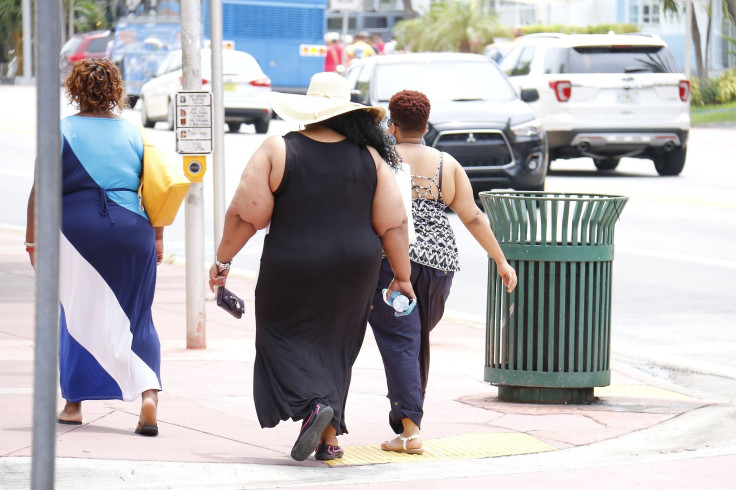Coronavirus Update: Obesity Linked To Disease Severity Among COVID-19 Patients
Several factors have been identified as increasing one’s susceptibility to developing severe illness and thereby, efforts towards precautionary measures tend to be more stringent. One such factor is severe obesity (BMI greater than 35), reported a new study.
Acute respiratory distress syndrome is a major complication of SARS-CoV-2 is a condition in which severely obese individuals are more likely to develop it.
The study pointed out that severe obesity was linked to ICU admission, while a history of heart disease and obesity were independently associated with the use of mechanical ventilators.
The study
The authors analyzed the data of over 100 patients hospitalized due to COVID-19 and performed a multivariate logistic regression analysis. The findings revealed the following:
- 39.8% of them were admitted to the ICU and required ventilator support
- 47.5% of them were obese
- Severe obesity was associated with ICU admission
- People with severe obesity needed mechanical ventilators
“Increased vigilance and aggressive treatment of patients with obesity and COVID‐19 are warranted,” concluded the study.
When ARDS occurs, it reduces the ability of blood vessels to distribute oxygen throughout the body. The low blood oxygen levels prevent the lungs from expanding properly and lead to breathing difficulties. Other organs also fail to receive adequate amounts of oxygen and this could lead to complications including blood clots, infections, and more complicated lung issues and organ failure.
“Since obesity contributes to heart disease, among the reasons COVID-19 is especially dangerous to heart patients is arterial plaque buildup, known as coronary artery disease. This increases the risk of COVID-19 especially in cases where the patient is 65 years old or older. Because of age, the plaque has been building up for many years. This places an undue strain on the heart and the cardiovascular system,” Midland Daily News quoted Dr. Omar P. Haqqani, the chief of Vascular and Endovascular Surgery at Vascular Health Clinics in Midland as saying.
“It is now more important than ever to control obesity. Even with social distancing, those with high BMI numbers can take action to help reduce the risk of COVID-19 and health issues. With a physician's guidance, diet, exercise, and lifestyle practices may have long-term, positive effects,” added Dr. Omar.
As of 2019, about 40% of Americans are considered obese and 18% are severely obese. Severe obesity is defined as a BMI above 35.

© Copyright IBTimes 2024. All rights reserved.






















